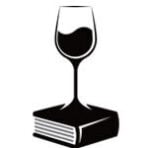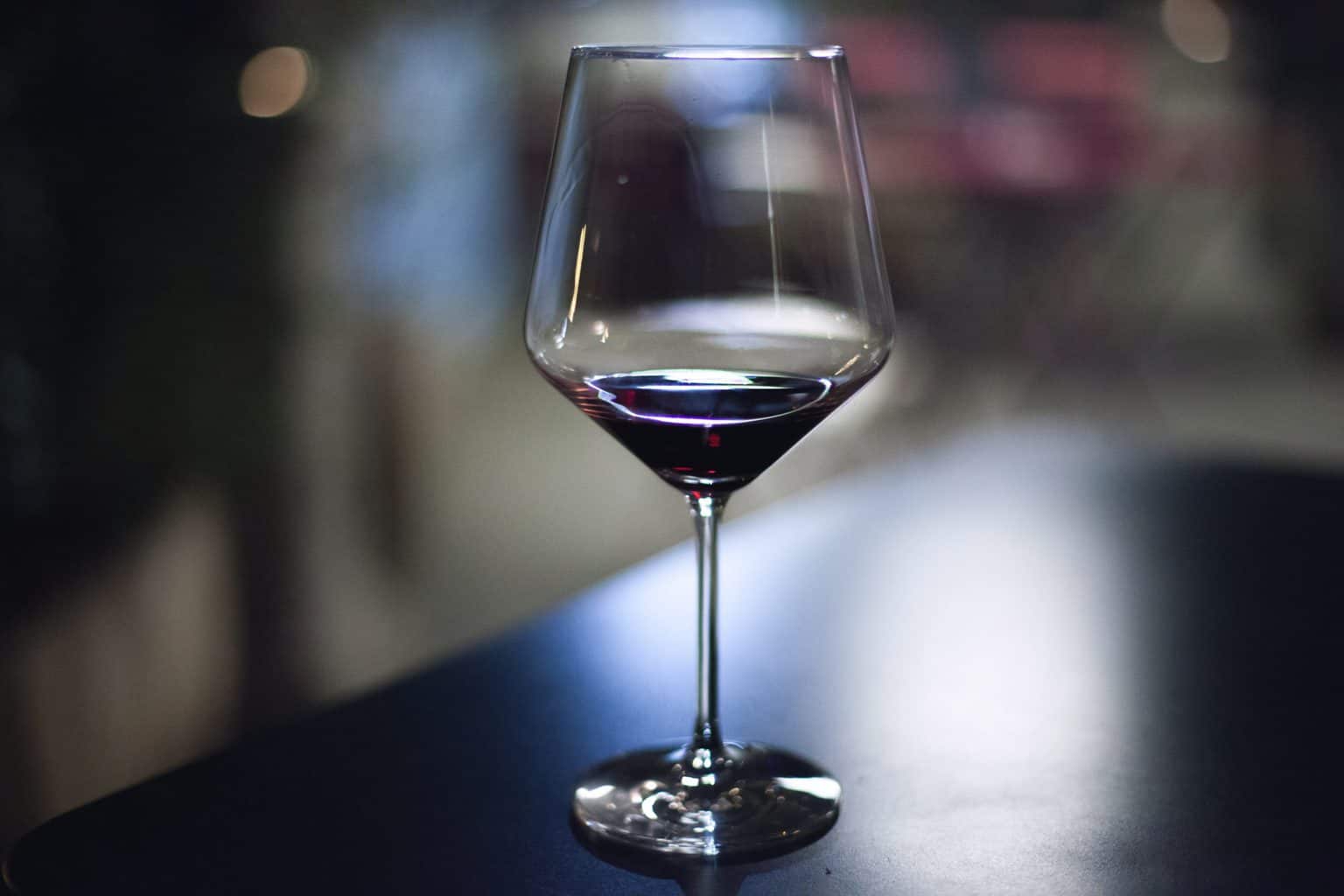The Society of Wine Educators (SWE) is a membership-based nonprofit organization focused on providing wine and spirits education and the conferral of several certifications. The Society is internationally recognized, and its programs are highly regarded both for their quality and relevance to the industry. The mission of the SWE is to set the standard for quality and responsible wine and spirits education and professional certification.
Do You Want to Become a Wine Instructor?
So whether you’re looking to become professionally qualified in wine or spirits, the Society of Wine Educators is an institution to look into. Their certifications are professional, highly regarded, and could be that one thing you need to get ahead of. However, they are only one of several top-ranked programs for wine instructors. For a full listing of wine instructor certifications, check out our overview of all Wine Educator certifications. Are you looking for a wine educator job
Overview of the Society of Wine Educators
Since 1977, the Society of Wine Educators has been a leading certification for wine and spirits professionals. Theirs, as the name suggests, is to teach future instructors. However, producers, distributors, retailers, chains, and importers make up most of the students that go through their comprehensive system.
In our article, how to become a Sommelier, we looked at just what it takes to get into the wine business. The Society of Wine Educators prepares students hoping to gain a level of expertise in wine. A basic understanding of wine, terminology, and styles is mandatory to enroll you in one of their in-depth courses. Presentation skills, blind tasting ability, and impeccable service are just some of the areas taught and tested.
Educator exams are rigorous. They include blind tasting wines for fault and style, presentation, and teaching skills that go further than WSET giving students more marketability in the wine world. Of course, there are additional learning materials provided in tests, quizzes, and digital flashcards. After attending either of these courses, a student will eloquently and accurately pass on this information. Not to mention organize engaging wine classes and tastings. Here are a few of the courses available.
Corporate Sponsorship
The Society founded and continues to be funded by a consortium of multibillion-dollar corporations. While the programming is excellent, keep in mind that your education is funded and designed by a small group of influential businesses. This is not an ideal situation, especially when students pay a significant amount of money to earn their certifications.
Hospitality/Beverage Specialist Certificate (HBSC)
Catering to the culinary and hospitality industry. This certification provides entry-level beverage knowledge in wine, beer, and spirits. There are other interesting subjects covering tea, sake, cider, and perry as well.
Students learn how to evaluate, write good tasting notes, and be responsible for their client’s alcohol consumption. This course is available online to do when time and schedules permit. With this certification, a range of beverages is covered, including wine, spirits, beer, sake, cider, and even coffee and tea.
The HBSC is a self-study certification that a student can do online. The registration fee allows individuals online access to the course and the examinations. For a textbook study guide or a digital guide, students are required to purchase those separately. To pass, students are required to write a multiple-choice question examination with a pass rate of 75%. If students do not pass the examination, they can retake the examination at no additional cost.
The Certified Specialist of Wine (CSW)
The Certified Specialist of Wine (CSW) is an internationally recognized certification denoting a high level of wine knowledge and expertise. Candidates prepare with the provided CSW Study Guide and Workbook before attempting the exam. This certification is highly regarded in the wine and spirits industry, focusing largely on viticulture and viniculture.
The topics focus on, Physiology of Taste, Wine Composition and Chemistry, Wine Faults, Viniculture and Enology, Wine Labels, Wine Laws and Regions, The U.S. Wine Industry, Wine and Health, Wine Etiquette, Service, Pairings and Responsible Alcohol Service. Students are also able to connect to free monthly Webinars and a guided 12-week online class. Additionally, students can purchase tests and quizzes and digital flashcards that the student can use for one year.
The study material for this course needs to be purchased separately, with eBooks and hard copies available. To receive the certificate, candidates are expected to pass an examination of 100 multiple-choice questions. These examinations are to be written at specific venues located in most major U.S. and international cities.
The pass-rate is 75% and upon completion, students will receive a certification, a CSW lapel pin, and are able to use the CSW as part of their professional signature.
The Certified Wine Educator (CWE)
To sit for this, the candidate must have passed the Certified Specialist of Wine (CSW) certification. It includes Physiology of Taste, Wine Composition & Chemistry; faults; Viticulture & Enology; labels, Laws & Wine Regions; the U.S. Wine Industry; labels, Laws & Wine Regions; Wine Etiquette & Service; wine’s Contribution to Health; and Responsible Beverage Alcohol Service.
The course requires a minimum of twelve weeks to complete online. A pass mark of 75% grants one use of the post-nominal CSW. The theory side of the certification is a self-study, but several guides are available for students who require assistance. There is a CWE manual available via Amazon as well as a Recommended Reading List.
In order to pass, individuals are required to pass two blind tastings and a demonstration class. Additionally, students are required to have passed the CSW certification.
Despite being called a Wine Educator certification, there is no actual teacher training involved in earning this credential.
Spirits Educator Certifications
Certified Specialist of Spirits (CSS)
Just like the previous course, the Certified Specialist of Spirits (CSS) is a certification for candidates wielding a wide base of knowledge on the various topics covering spirits. Students receive the CSS Study Guide to use as a reference before attempting the examination.
All examinations are to be written at set venues in most major U.S and international cities. To receive this certification, candidates are required to pass a 100-multiple choice question examination, where after they will receive a certificate, lapel pin, and a professional signature.
Certified Spirits Educator (CSE)
This course covers fermentation and distillation, the aging of spirits, vodka, neutral spirits, gin, flavored spirits, whiskey, rum, sugarcane-based spirits, tequila, agave-based spirits, liqueurs, vermouth, and other aromatized wines. It also touches on; the basics of mixology, sensory evaluation of spirits, service, and responsible handling of alcoholic refreshments.
The examination consists of two tasting exams, a demonstration class, and candidates are expected to have passed a Responsible Beverage Alcohol Service Certification, as well as the CSE certification.
Society of Wine Educators
1612 K Street NW Suite 1101
Washington, DC 20006
(202) 408 8777
For a complete overview, see our guide to wine schools and programs


Visitor Rating: 2 Stars
Visitor Rating: 1 Stars
Visitor Rating: 3.5/10
Visitor Rating: 8/10
Visitor Rating: 4.5/10
Visitor Rating: 2/10
Keep me posted on your development
Visitor Rating: 6.5/10
Visitor Rating: 0.5/10
Visitor Rating: 4/10
Visitor Rating: 1/10
Visitor Rating: 1/10
Visitor Rating: 2/10
Visitor Rating: 9/10